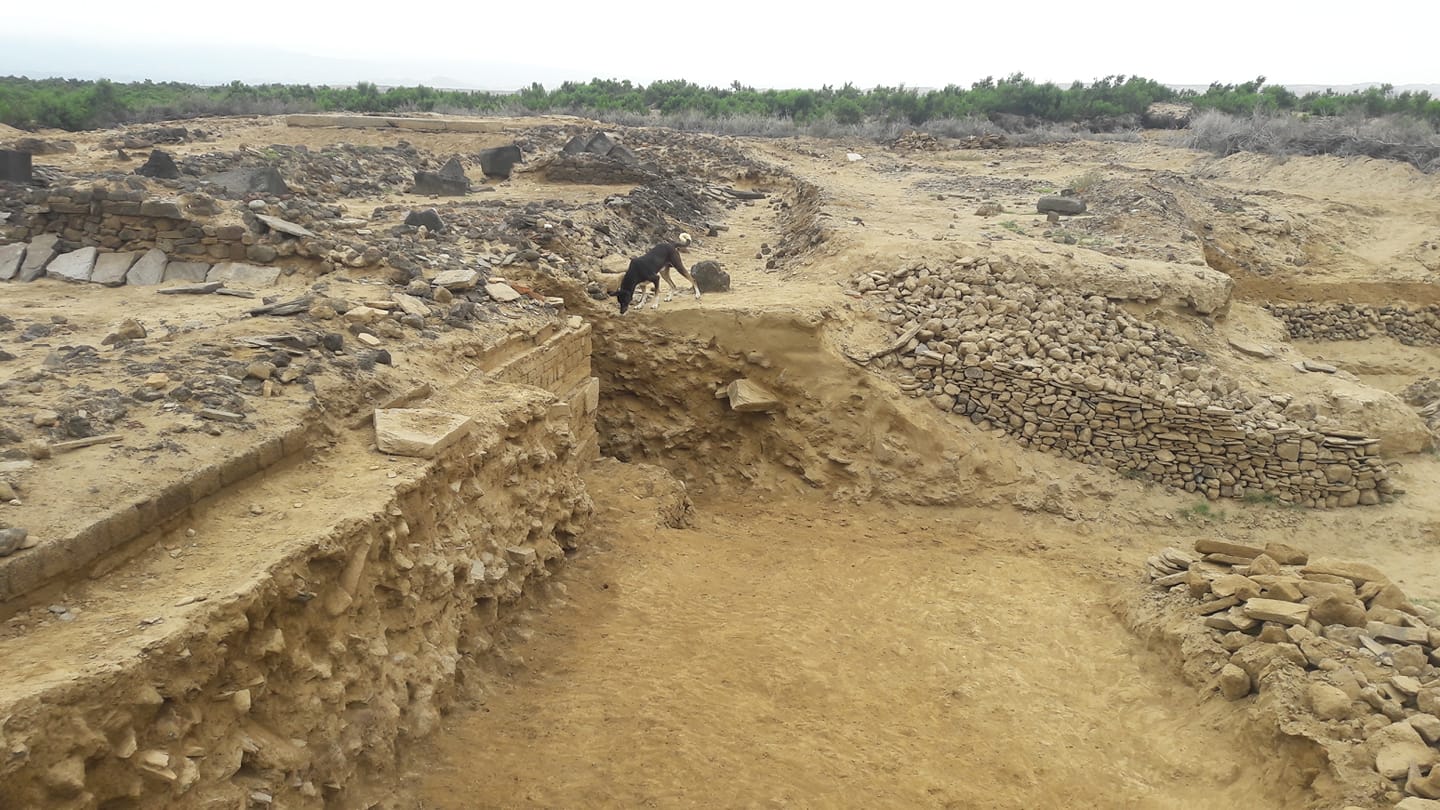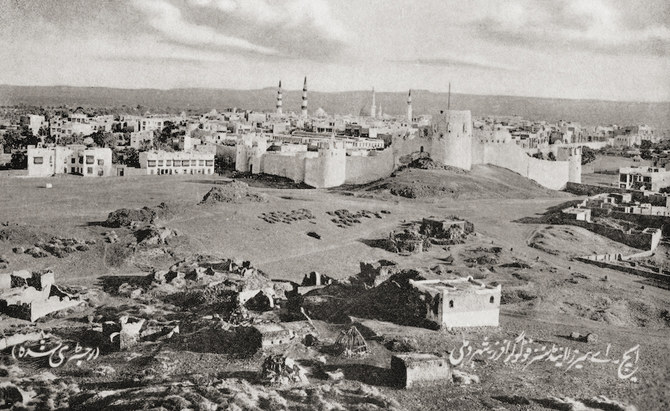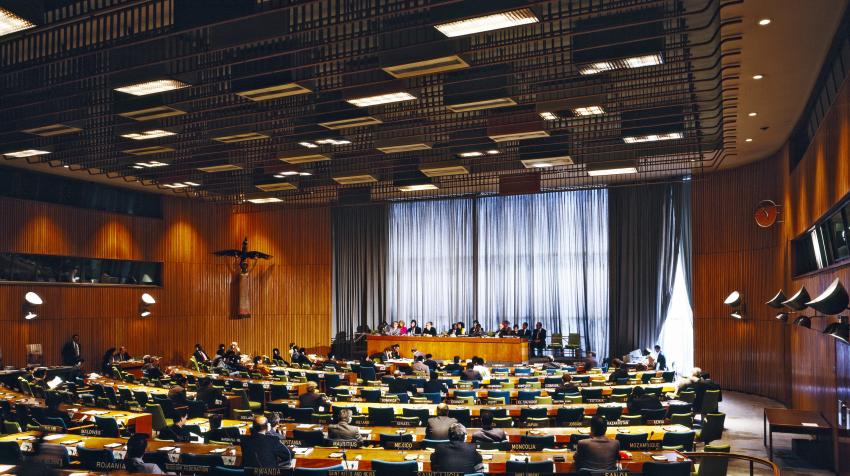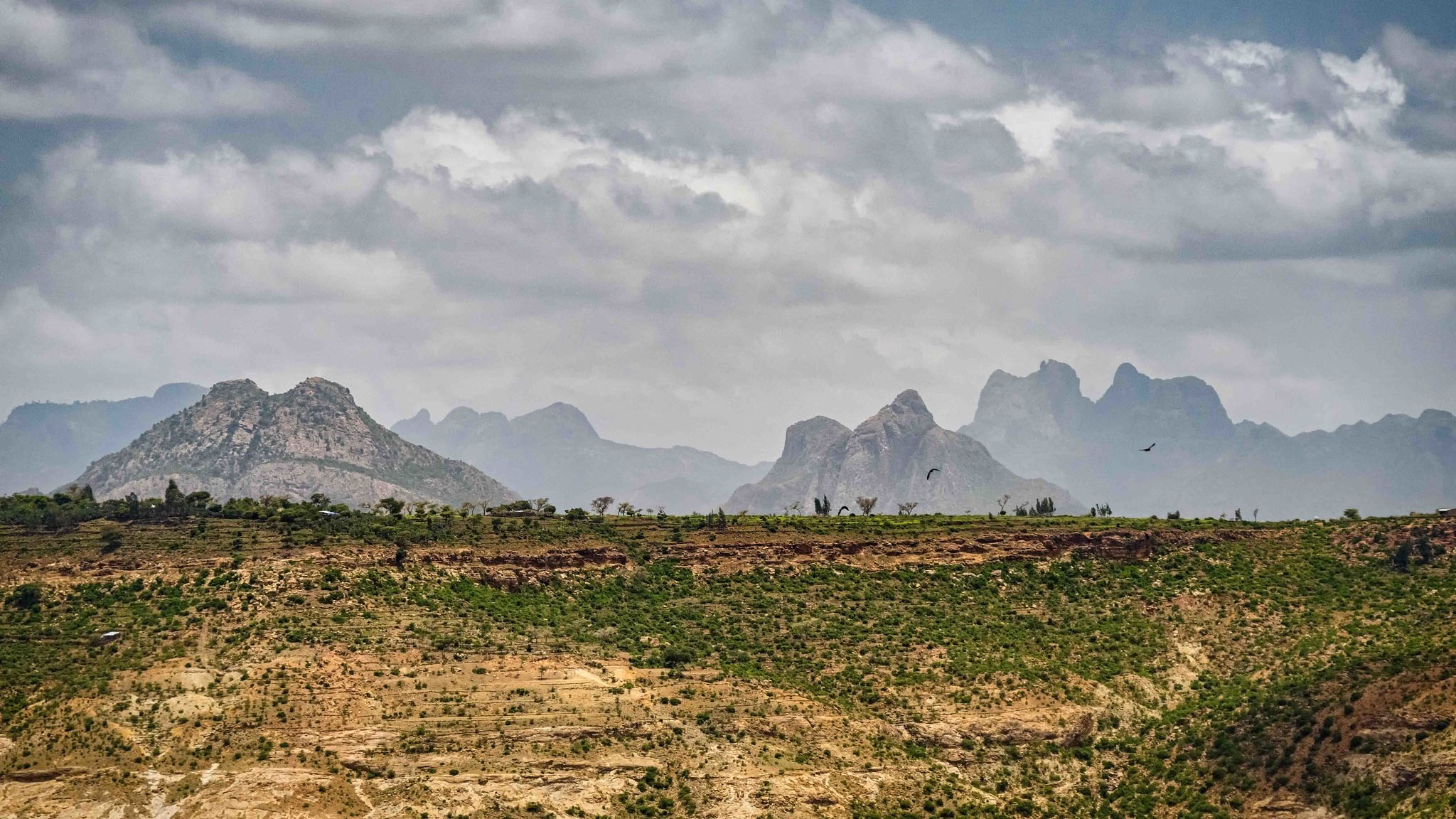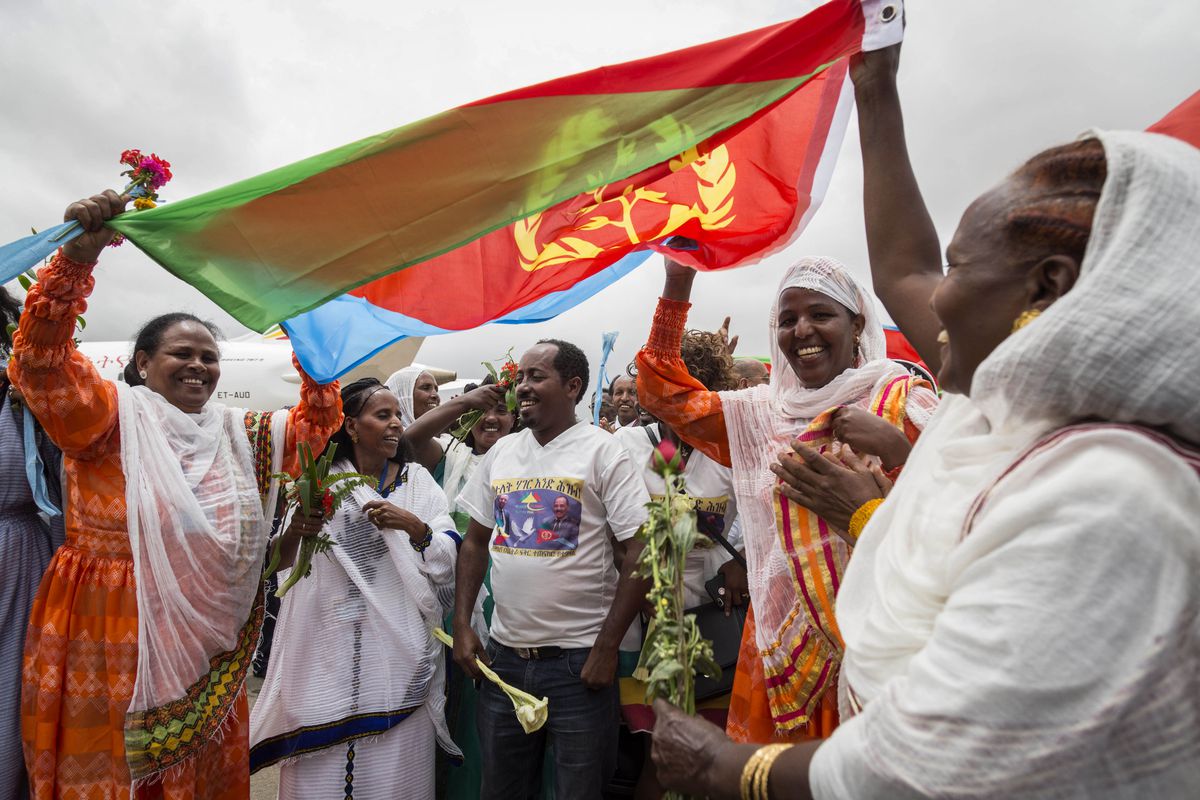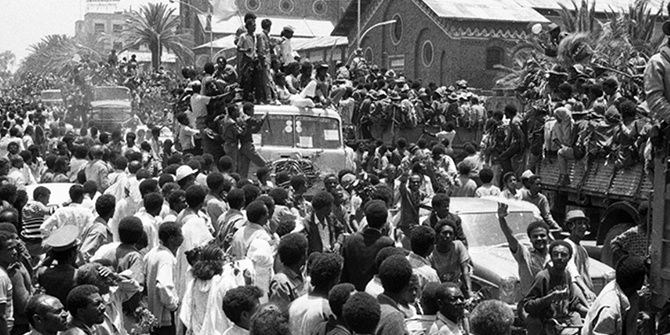0031-0687311115
info@zulasol.com
- Home
- About Us
- Services
- Tour Packages
- Explore Eritrea (12 days) Tour
- Thrilling Cycling Trip Across Eritrea (8 days)
- Historic Asmara and Massawa Tour (4 days)
- Cultural Immersion in Keren (1 day)
- Adventure in the Danakil Depression (7 days)
- Scenic Road Trip along the Red Sea Coast (2 days)
- Archaeological Exploration in Adulis and Qohaito (3 days)
- Filfil Eco-Tour (2 days)
- Coastal Getaway to Dahlak Archipelago (4 days)
- Bird Watching in the Semenawi Bahri National Park (1 day)
- Off-Road Adventure to Debre Sina (3 days)
- Religious Pilgrimage to Debre Bizen and Debre Sina (3 days)
- Photography Tour of Eritrea’s Landscapes (5 days)
- Cultural Exchange with Ethnic Communities (3 days)
- Food and Cuisine Tour (2 days)
- Handicrafts and Artisan Tour (2 days)
- Desert Safari in the Denakil Depression (4 days)
- Beach Holiday in Massawa and Green Island (3 days)
- Railway Journey on the Eritrean Railway (1 day)
- Eritrea Attratcions
- FAQ
- Contact us

